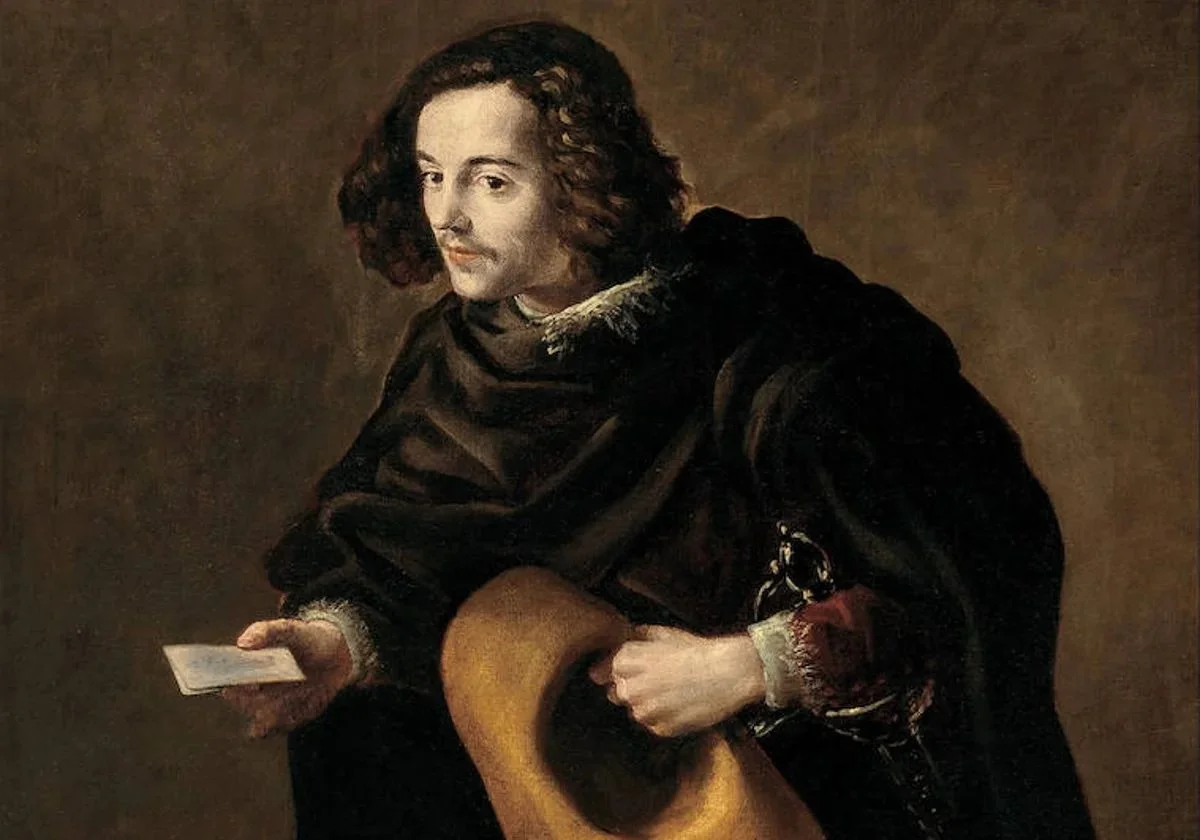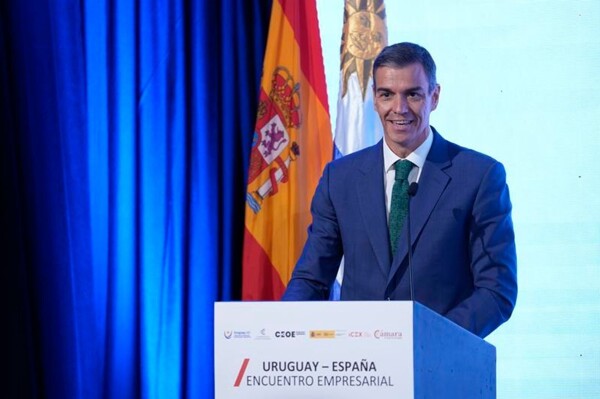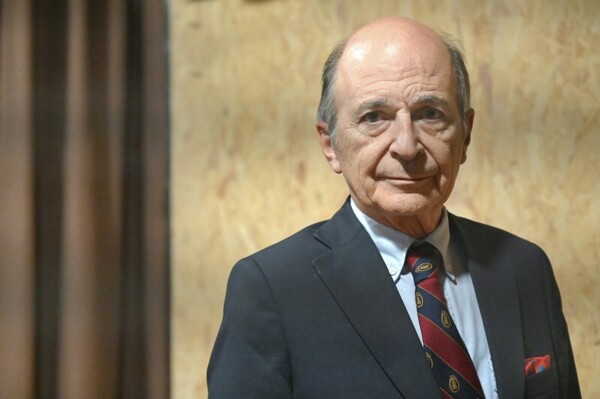
One of the most notable spies of the Monarchies of Philip II and Philip III was Bernardino de Mendoza. This agent operated in England and France, key countries in the geopolitics of the time. Known for his cunning, Mendoza was a military man, diplomat, writer, and a skilled agent in the service of the Monarchy.
In a territory as vast as that of the Hispanic Monarchy, it was essential to be aware of all events. Therefore, the monarchs and their successors closely monitored the espionage networks. Philip II appointed Mendoza as ambassador in London to improve relations with Elizabeth I of England, despite the queen's initial rejection of Spain.
Mendoza played a crucial role in events such as the St. Bartholomew's Day Massacre in 1572, where he secretly supported the Catholics. He also contributed to establishing Spanish influence in northern France through the Catholic League. In this underground effort, Mendoza wove a network of collaborators and spies to gather relevant information.
King Philip II closely supervised everything related to espionage and intelligence. Through his minister, Juan Velázquez de Velasco, information obtained by the agents was centralized. The professionalization of espionage in the Hispanic Monarchy was essential to maintain its hegemonic position in Europe.
The espionage network was closely linked to the War Council, which proposed the military personnel in charge of these missions. Bernardino de Mendoza, in his work in France, managed to neutralize threats to imperial interests, such as the Francis Throckmorton plot. Through the Spanish embassy in Paris, political intrigues and conspiracies against European monarchs were woven.
The intelligence service of the Austrians, led by Philip II, became a complex network of informants and agents throughout his empire. Mendoza, with his wit and skills, significantly contributed to Spain's strategy in times of conflict and tension.














